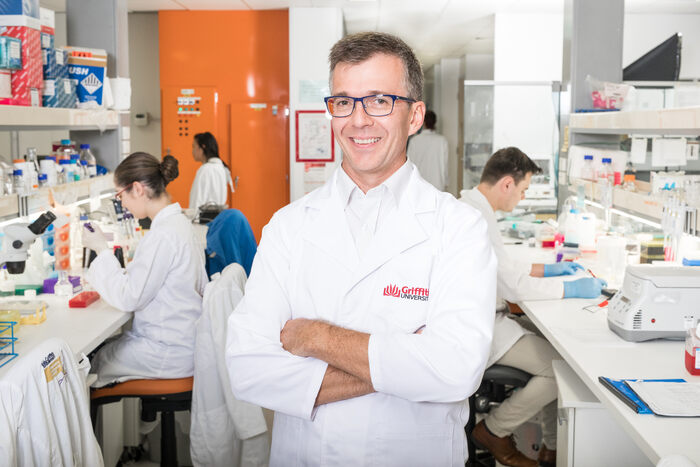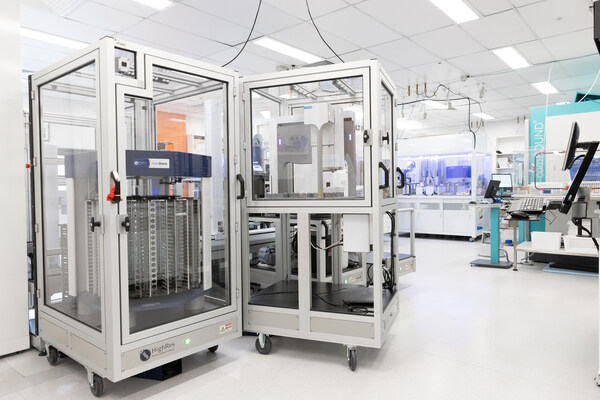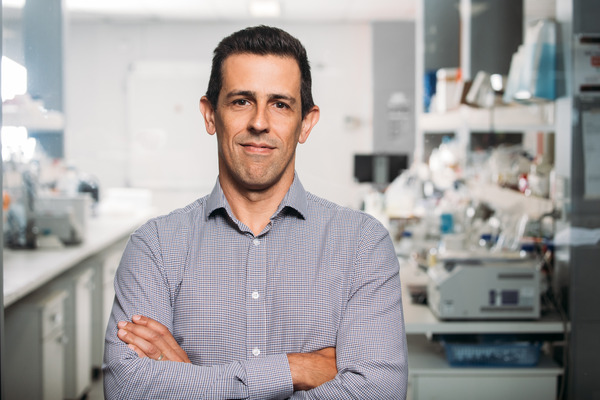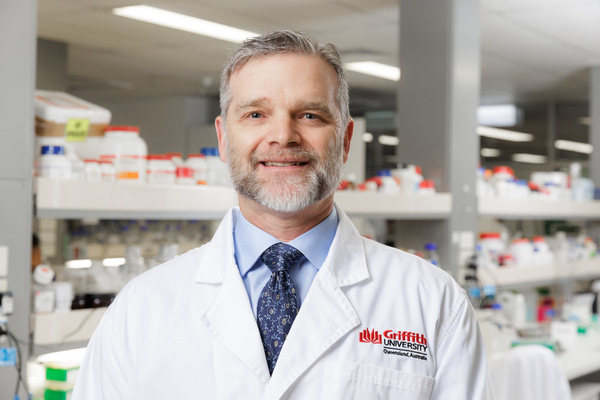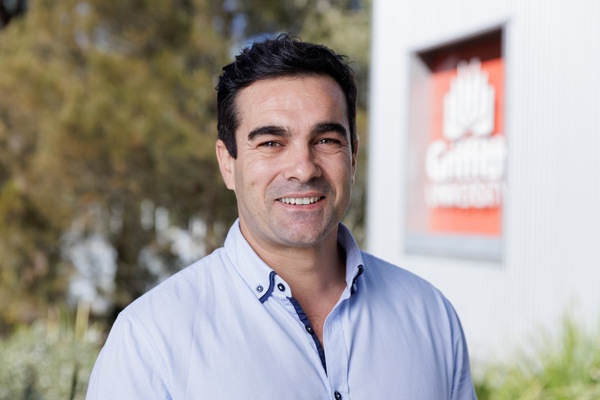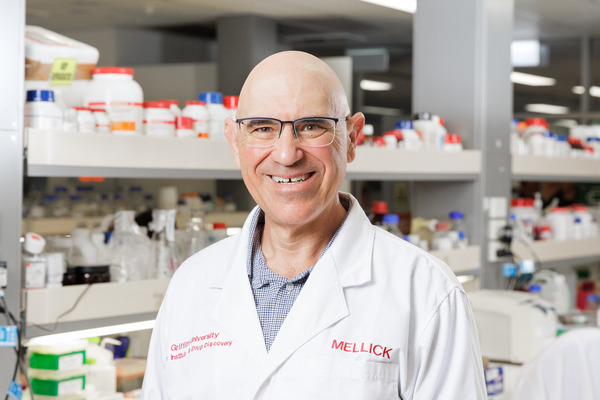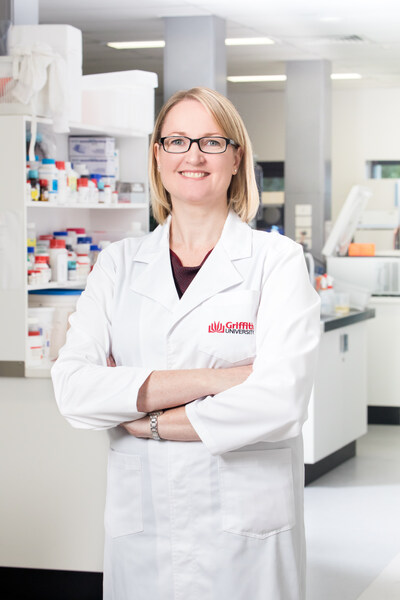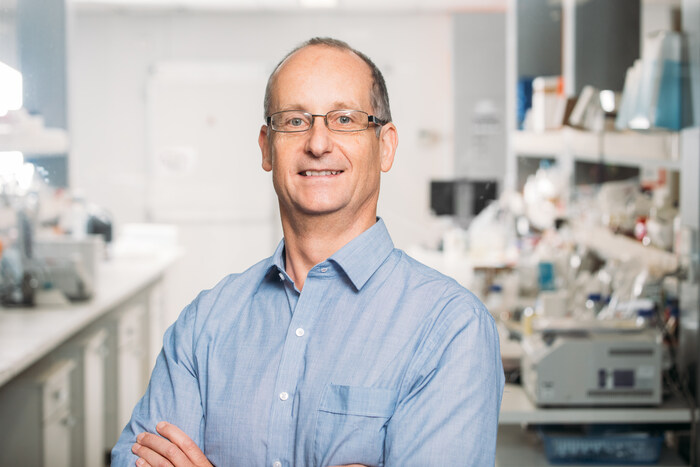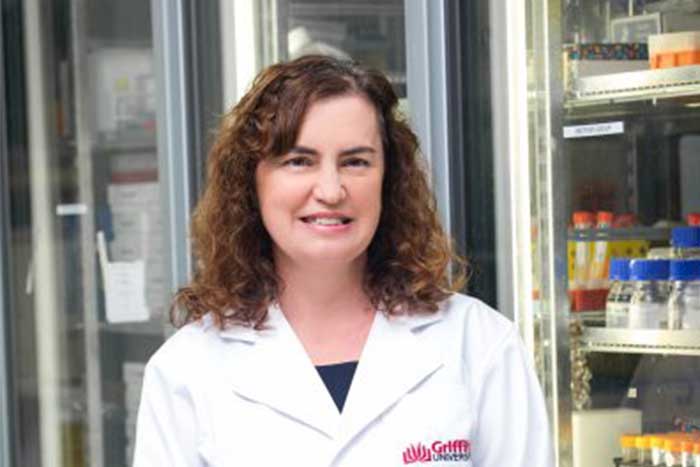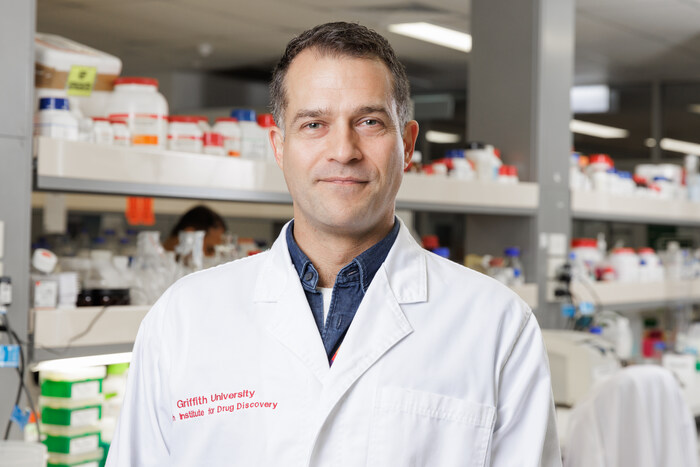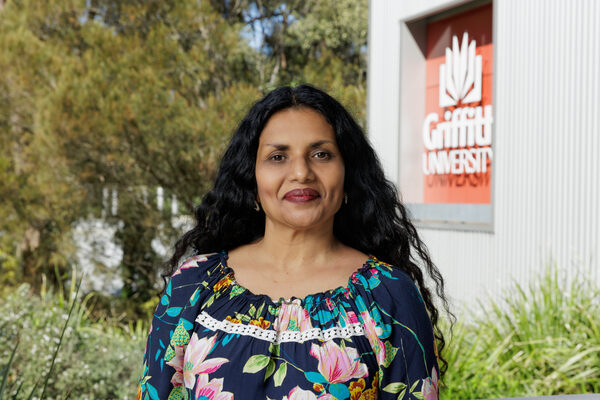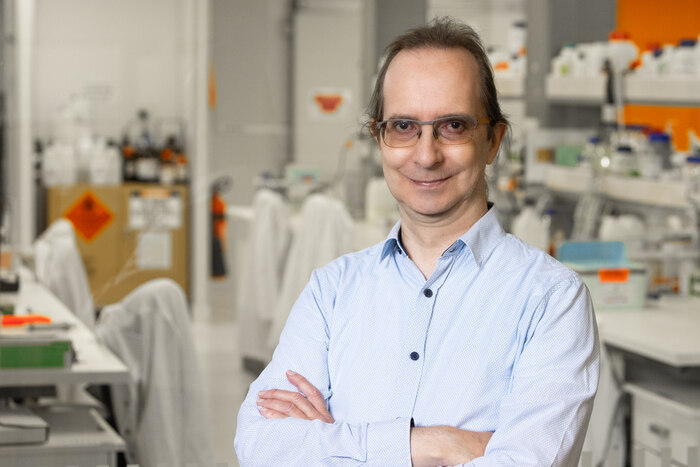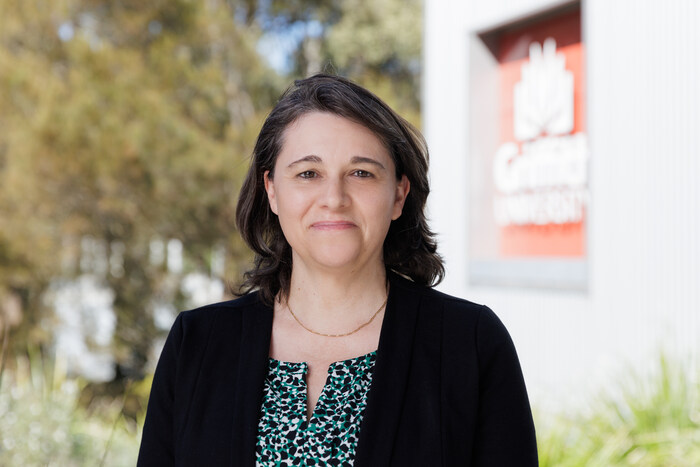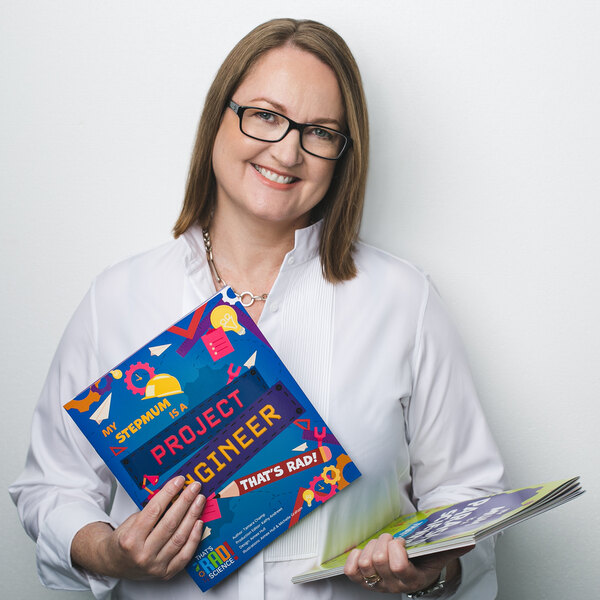From traditional medicines to contemporary healthcare and agricultural products – fundamental scientific knowledge can help strengthen their impacts.
Many of us tend to think of scientific discoveries as being made in defined areas such as biology, chemistry and physics. However, it is often the intersections of these fields that produce the most impactful results. Associate Professor Yun Feng and her team at the Griffith Institute for Drug Discovery, Griffith University, focus on one of these intersections - chemical biology.
“We look at the chemical mechanisms that underlie biological functions. In particular, we use techniques in chemical biology to work with industry and community partners to verify current healthcare and agricultural products or develop new ones. This allows for the translation of our research into real world applications,” said Assoc. Prof. Feng.
The team also add to what is known on traditional medicines, with focuses on traditional Chinese medicines and First Nations bush medicines. Their work allows them to generate a range of health, economic and social benefits for both their collaborators and the consumers of their products.
Improving livestock gut health in partnership with Bioproton
Probiotics are live microorganisms that can be consumed to help facilitate a range of benefits, including boosting immunity and fighting off harmful microbes. The use of probiotics in livestock feed can reduce illness in animals and increase their production rates, leading to economic benefits for farmers.
“In partnership with Queensland company Bioproton, we have been working to validate and measure the health benefits of the company’s animal feed supplements. Our research to date has confirmed the efficacy of the Bacillus probiotic strains in Bioproton’s NatuproTM. We found that these strains can produce antimicrobial metabolites and hence outcompete evolving pathogenic microbes,” said Charlie Tran, a PhD student in the Feng Group.
These results have also been used to create the company’s next generation of products. Bioproton has trialled these in animals in the United States and Australia, with the results demonstrating the products’ efficacy under commercial conditions.
“We have a fruitful collaboration with the Feng group. Associate Professor Feng’s research interest in natural antimicrobial agents and her expertise in chemical biology are a perfect fit to us. Working with the Feng group greatly expands our research resources, strengthens our R&D capacity and also promotes new product development and new business,” said Dr Wendy Chen, Bioproton R&D manager.
Bioproton have further invested in Assoc. Prof. Feng’s research, with a project planned to look at how probiotics may be used to break down toxins produced by fungi that are found on grass and ingested by livestock.
Adding to First Nations Knowledge
Assoc. Prof. Feng and her team are committed to helping First Nations communities and businesses gain more information on their commercial products. For example, Assoc. Prof. Feng’s team have examined the properties of plants used by Ngarluma and Yijibarndi woman Kylie Mowarin in the production of tea and healthcare products sold through her business, J'Unique Jummi. This has added to traditional knowledge on these plants, identifying that they have biological activity against bacteria, oxidation, and skin pigmentation.
“My community has gone through a lot of social impacts, never ending cycles of violence, health and social injustice. We are overwhelmed to learn the test results from Associate Professor Feng’s lab. It has given me confidence, pride, and hope that J’Unique Jummi could heal the whole lot of my community,” said Kylie.
Located in Roebourne, Western Australia, Kylie is planning to share the information provided by Assoc. Prof. Feng and her team with local young people alongside her cultural knowledge of the medicinal plants.
By working in the area of chemical biology Assoc. Prof. Feng and her team are able to collect information on and verify a range of products used across both human and animal health. In this way we are sure to see them generate further health, economic and social impacts for their collaborators and the consumers of their products in future.
Associate Professor Feng and her team are open to collaborations with industry, academic, small business and community groups across the health and agriculture sectors.
To learn more about Associate Professor Feng’s research and her contact details:
We are very grateful for any individual or corporate donations and bequests to help us take our research forward. To contribute to GRIDD’s ground-breaking research please find more information here:
Through the GRIDD Director’s Circle you can also help provide career and personal development opportunities for GRIDD’s students and early career researchers.
To keep up to date with developments at GRIDD:
Sustainable Development Goals
Griffith University is committed to advancing sustainable development through comprehensive initiatives that promote economic prosperity, social inclusion, environmental sustainability and good governance for all.
